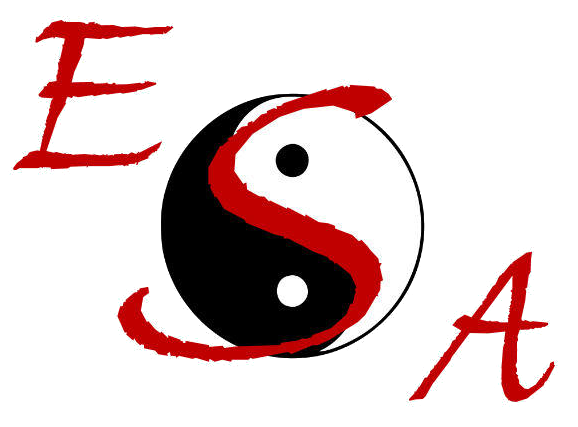Next to “Does acupuncture hurt?” (answer is no) the most commonly asked question I get is “Can acupuncture treat ________ ?” Sometimes I get question as a serious inquiry, and sometimes it is tongue-and-cheek or just curiosity combined with an attempt at small talk (especially in social situations when people ask me about my job). For almost all of the serious inquiries, and occasionally even for the tongue-and-cheek questions, the answer is yes.
People are sometimes surprised to hear about the many things that acupuncture can treat (or to be more accurate acupuncture and herbal medicine). How can sticking needles in someone have such wide ranging effects? I won’t get into the mechanisms of acupuncture here (but I will address this at some point in future posts). The important part that people don’t always realize is that acupuncture is a part of Traditional Chinese Medicine (which also includes Chinese herbal medicine, massage techniques, dietary therapy, and exercises such as tai chi and qigong). Traditional Chinese Medicine (TCM) is a complete system of medicine and was the only form of medicine in China for over 2,000 years. By complete system of medicine I mean that it treats the whole body (inside and out, head to toe) and has it’s own understanding of the body, a system of diagnosis, and therapies used to treat disease (acupuncture is the best known therapy of this system).
The ancient Chinese did not have the various technologies that we take for granted in modern medicine – no x-rays or MRIs, no blood tests, or even microscopes. Those various technologies have allowed today’s MDs to look and focus on all of the little components of the body. The ancient Chinese physician only had his five senses to use. Therefore TCM is based on thousands of years of observation of how the human body works, which has led to a systems based understanding of the body.
The TCM practitioner does not focus on the little parts, but rather looks at the state of the different systems (named after the major organs of the body). We look at imbalances – too much or too little, too hot or too cold, overactive or underactive (of course the actual medicine is much more complex than this, but I’m trying to represent the basic underlying concepts). Using this perspective we are able to diagnose just about anything that goes wrong with the body even without knowing what is happening on a microscopic level. Using the various therapies of TCM (acupuncture and herbal medicine mainly) we are able to address these imbalance and restore the different systems to a healthier state.
So if we view all diseases as an imbalance in the body and it’s systems, and we know that acupuncture can correct imbalances, then yes – acupuncture can treat just about anything you can think of. The other big advantage of using a systems based approach is that we can deal with multiple issues (symptoms) with the same treatment. In fact, several seemingly unrelated symptoms are often manifestations of the same imbalance. Since we are treating the whole body instead of messing with just one little component, we can also treat with little or no negative side effects. The only side effects of treatment are feeling healthier, being more energetic, being less stressed, and being happier.



